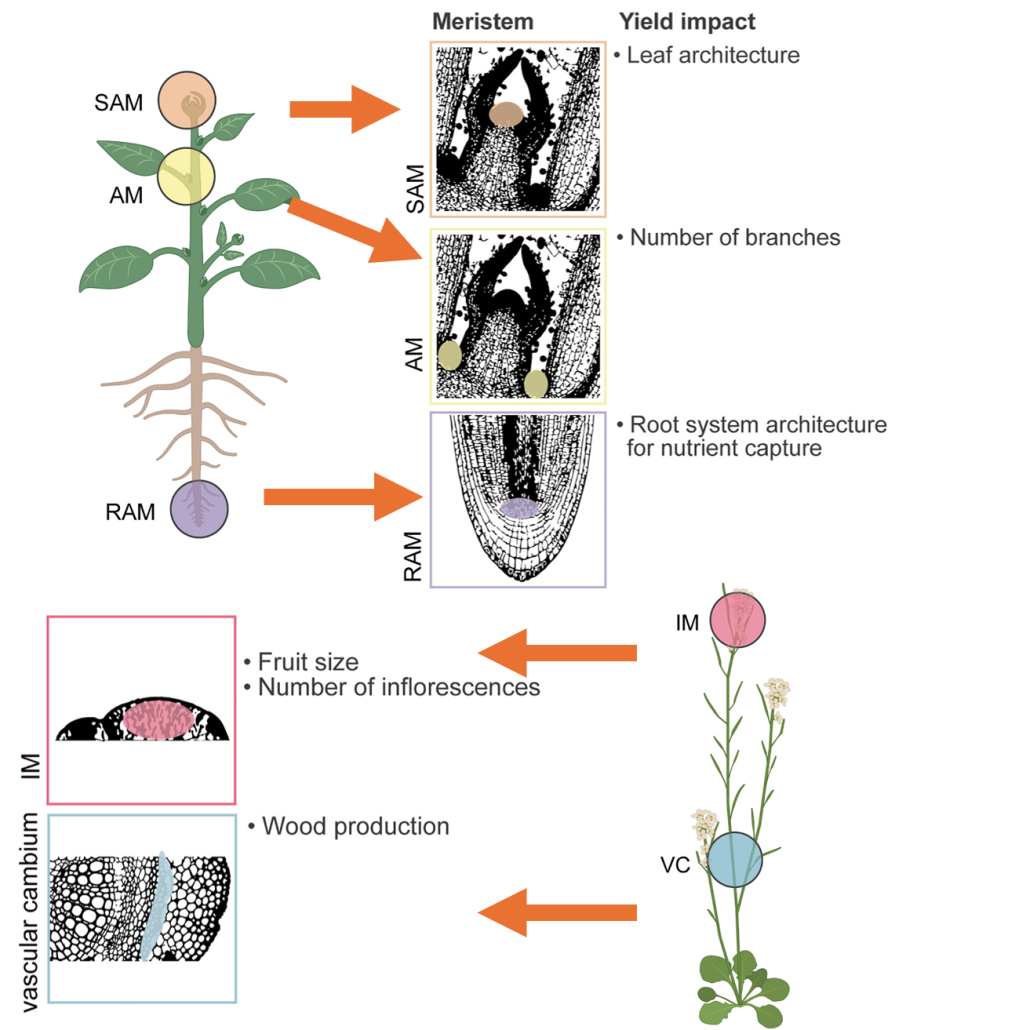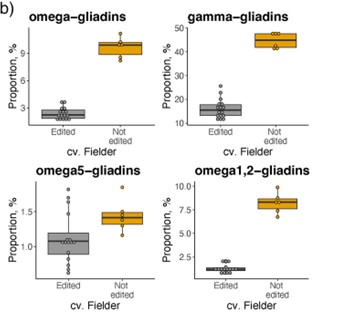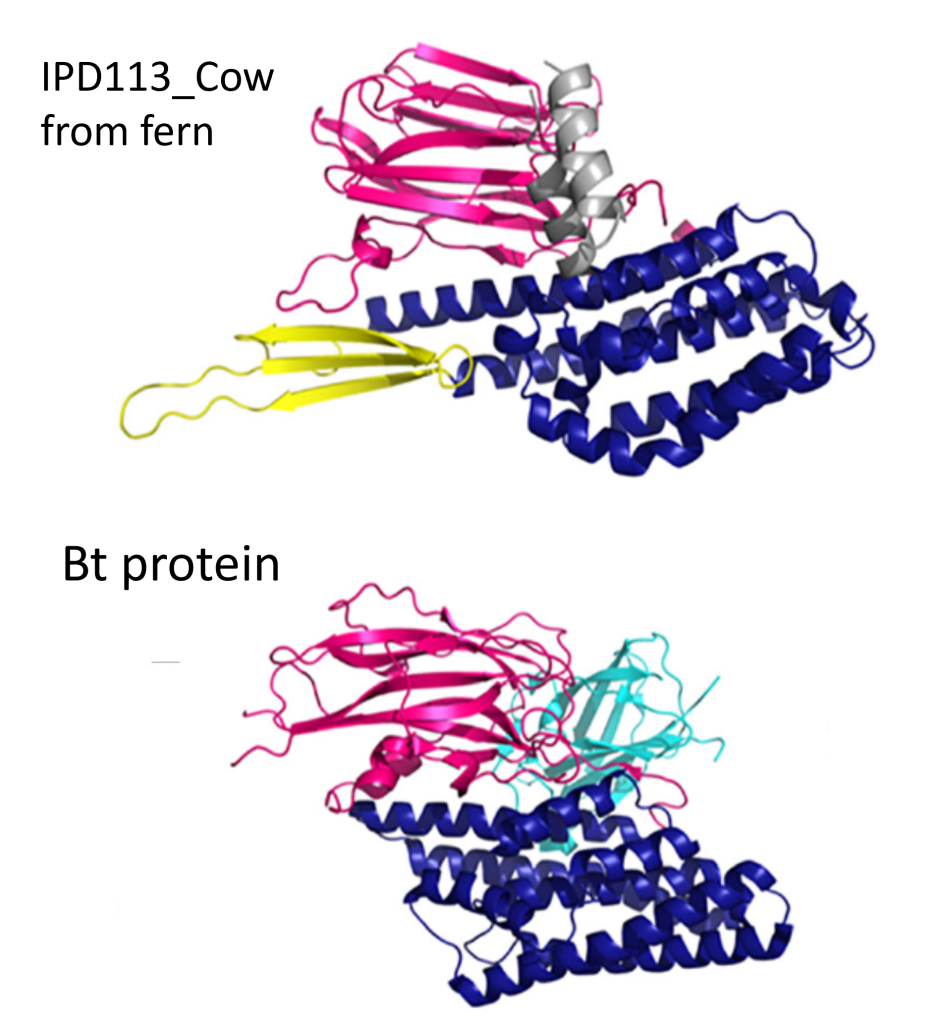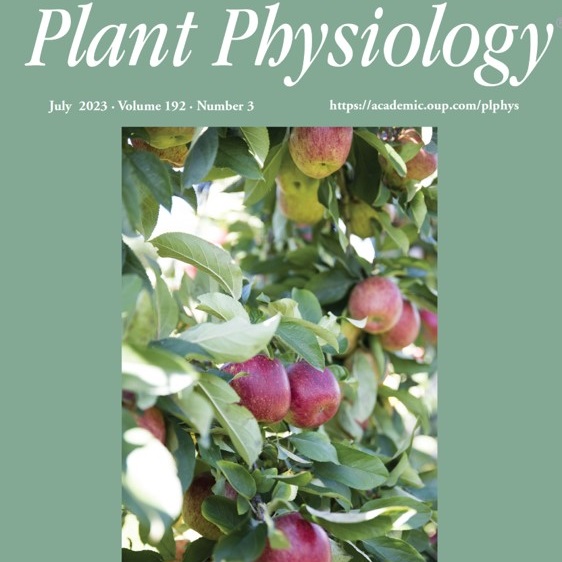
Contribution of synthetic auxin conjugates to clonal propagation of woody species
Plant Science Research WeeklyFrom food and energy to paper and timber, many industries rely on clonal propagation of tree species. Successful propagation of cuttings depends on adventitious rooting ability, which is known to decline with tree age and to be naturally low in many species of interest. Propagators therefore employ naturally…

The global distribution of plant diversity and its significance to humans
Plant Science Research WeeklyPlants shape ecosystems and sustain human life. Only a small portion of plant diversity is currently known to be in use, even though most plants may be useful to humans. Over time, certain species become widespread, but others are native to specific geographical regions. Thus, to manage plant resources…

Review: Stem cells for crop improvement
Plant Science Research WeeklyPlants, like animals, have small populations of stem cells capable of differentiating into other tissues, but in plants these stem cell populations are even more long-lived and versatile. Stem cells in plants include the meristems (shoot and root apical meristems, inflorescence and axillary meristems)…

Comment: Unlocking the potential of agricultural biotechnology in Africa
Plant Science Research WeeklyAgricultural Biotechnology has the potential to significantly increase production, alleviate hunger, and improve global food security. However, its adoption in Africa lags behind other regions, facing challenges rooted in strict and varying policies, inadequate infrastructure, and insufficient economic…

Engineering wheat to reduce the immunoreactivity of gluten
Plant Science Research WeeklySome people cannot eat wheat because they are sensitive to gluten, which is a proteinaceous network of glutenins and gliadins. Gliadins are divided into four classes, ω, γ, α, and β, with ω- and γ-gliadins being the most toxic to gluten sensitive individuals. Hence, there is interest in reducing…

Ferns unleashed: Novel insecticidal proteins IPD113 challenge Bt resistance
Plant Science Research WeeklyInsect pests pose a significant threat to global crop production, with lepidopteran species like corn earworm and armyworms causing substantial losses. The widespread use of insecticidal proteins from Bacillus thuringiensis (Bt) in crops has been a key strategy to combat these pests. However, the emergence…

Review: Challenges to improving plant growth through introduced microbes
Plant Science Research WeeklyPlants are closely associated with large numbers of microbes that live in, on, and around them; these are collectively called the plant microbiota. Microbes can be pathogenic, neutral, or beneficial. Beneficial microbes might enhance nutrient uptake by the plant or suppress pathogenic microbes. There…

A transient approach reduces the time required for transgene-free gene editing
Plant Science Research WeeklyGene editing in plants is a time-consuming process. One of the challenges of gene editing is to produce transgene-free plants. The transgenes required to carry out selection and editing, such as antibiotic resistance markers and editing enzymes, must be removed, while the edited part of the genome is…

Plant Physiology Focus Issue: Fruit Crops
Plant Science Research WeeklyJuly brings delicious fruit harvests in the Northern Hemisphere, and a very special focus issue of Plant Physiology. I particularly like this issue because of the wide variety of species covered, starting with apple, banana, blueberry, cherry, citrus, and so on. It’s a nice departure from our usual…

